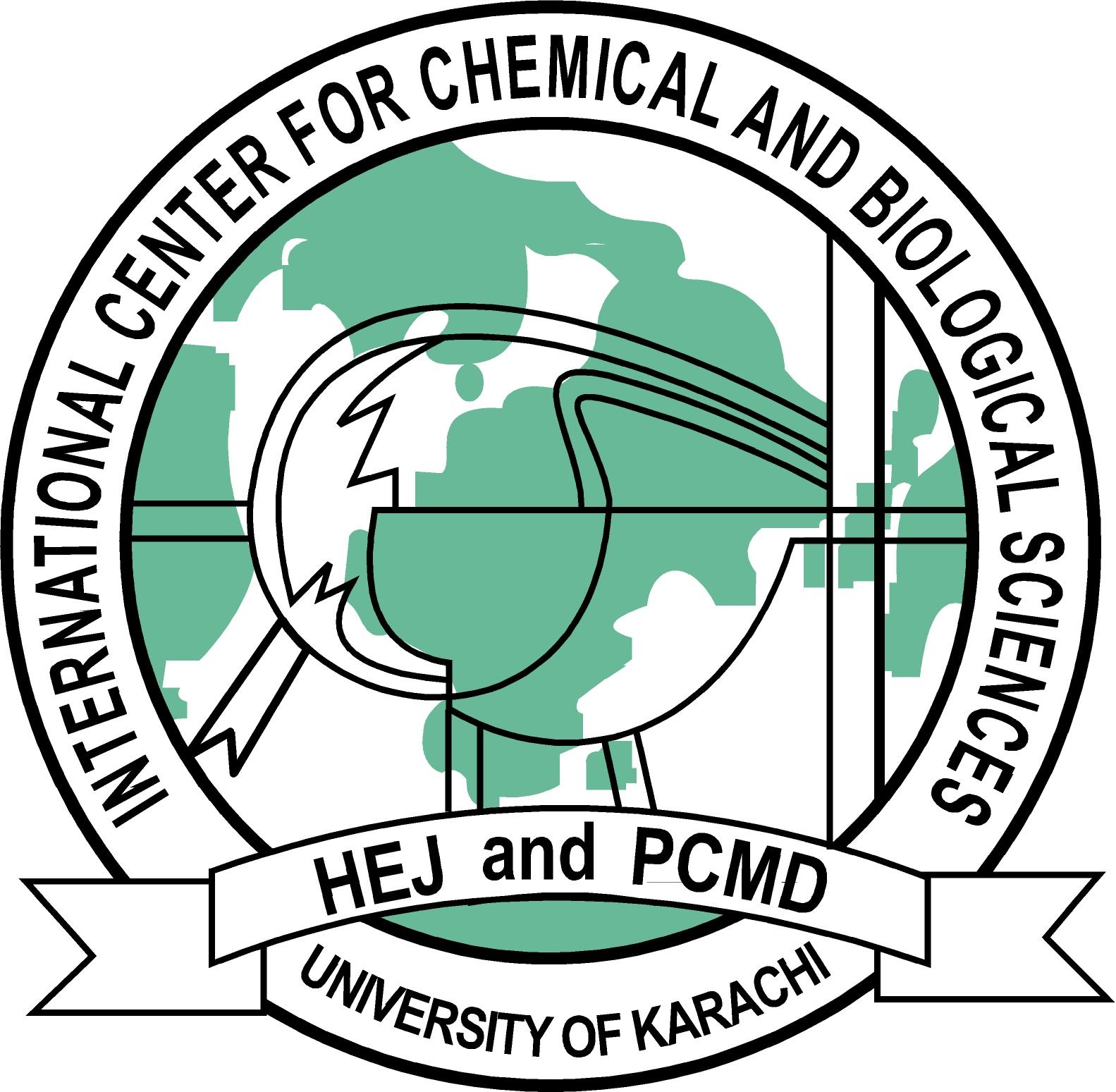Cyclodextrins: Current and Future Applications/ Jones ,Stella (Ed.)
Material type: TextPublication details: USA: States Academic Press, 2022.Description: 234 pISBN:
TextPublication details: USA: States Academic Press, 2022.Description: 234 pISBN: - 9781639891436
| Item type | Current library | Call number | Status | Date due | Barcode |
|---|---|---|---|---|---|
 Book
Book
|
Dr. Panjwani Center for Molecular Medicine and Drug Research (PCMD) Library | TP248.C94.C93_2022 (Browse shelf(Opens below)) | Available | P 3080 |
Browsing Dr. Panjwani Center for Molecular Medicine and Drug Research (PCMD) Library shelves Close shelf browser (Hides shelf browser)

|

|

|

|

|

|

|
||
| QP702.P6M37_2022 Marine Polysaccharides: an applied approach/ | RM301.25.M43_2019 Medicinal chemistry with pharmaceutical product development / | RC71.A14_2021 Current medical diagnosis & treatment study guide / | TP248.C94.C93_2022 Cyclodextrins: Current and Future Applications/ | QH442.2D53_2012 DNA barcodes : methods and protocols / | TP248.27.A55_2021 Animal Cell Biotechnology/ | QP514.B56_2021 Biochemistry: Concepts and Applications/ |
Cyclodextrins are a part of the oligosaccharides family. They consist of 5 or more α-D-glucopyranoside units which are joined by α-1,4 glycosidic bonds similar to amylose. Cyclodextrins are produced by enzymatic conversion of starch and are used extensively in chemical, agriculture, pharmaceutical and food industry. Cholesterol free food products and dryer sheets are some examples of its applications. The number of glucose monomers in a typical cyclodextrin range from six to eight units. Cyclodextrins show a host-guest behaviour which can be manipulated by chemical modification of hydroxyl groups. They are non-toxic in nature. They can also act as precursors to mechanically interlocked molecular architectures like catenanes and rotaxanes. This book presents researches and studies performed by experts across the globe. Also included herein is a detailed explanation of the various current and future applications of cyclodextrins. The book is appropriate for students seeking detailed information in this area as well as for experts.

